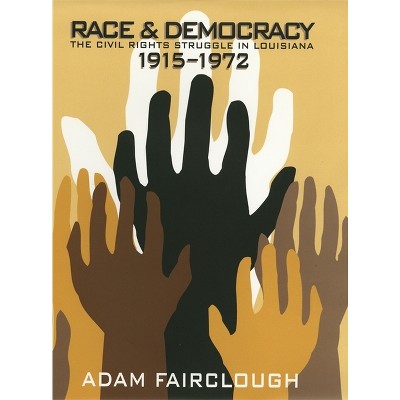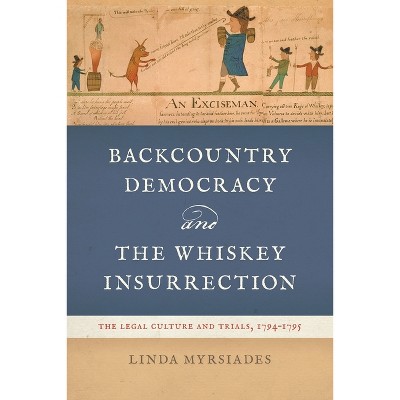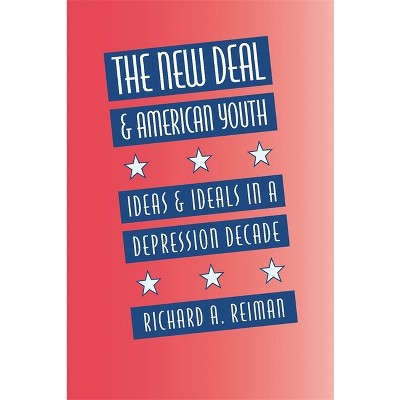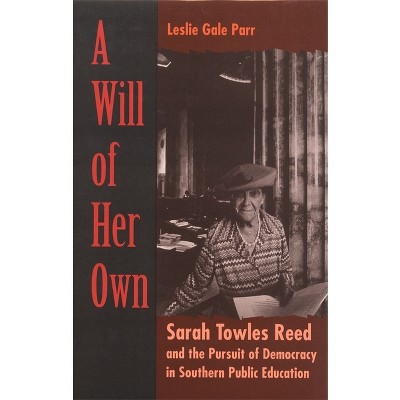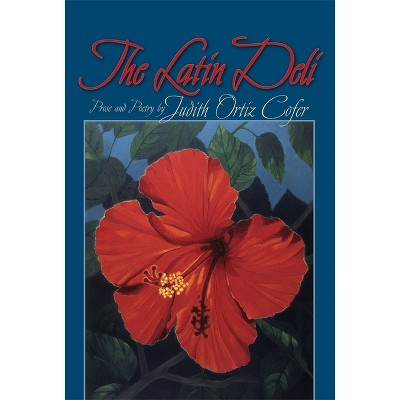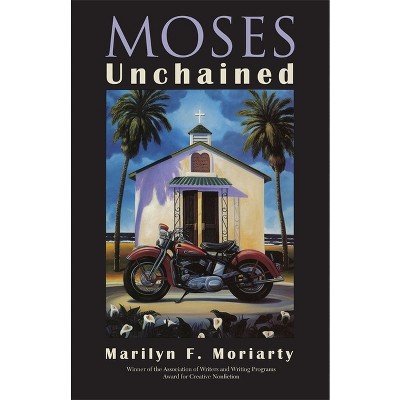About this item
Highlights
- Historians have customarily explained the 1920s in terms of urban-rural conflict, arguing that cultural, ethnic, and economic differences between urban and rural Americans erupted to intensify and influence political conflict in the decade.
- About the Author: CHARLES W. EAGLES is the William F. Winter Professor of History at the University of Mississippi.
- 188 Pages
- History, United States
Description
About the Book
Historians have customarily explained the 1920s in terms of urban-rural conflict, arguing that cultural, ethnic, and economic differences between urban and rural Americans influenced political conflict in the decade. Eagles uses the issue of congressional reapportionment to examine politics in the 1920s and to test the urban-rural thesis.Book Synopsis
Historians have customarily explained the 1920s in terms of urban-rural conflict, arguing that cultural, ethnic, and economic differences between urban and rural Americans erupted to intensify and influence political conflict in the decade. In Democracy Delayed, Charles W. Eagles uses the issue of congressional reapportionment to examine politics in the 1920s, in particular to test the urban-rural thesis.
After the 1920 census, the United States Congress for the first time failed to reapportion the House of Representatives as required by the Constitution. The 1920 enumeration showed that for the first time more people lived in urban areas than in rural areas. During a decade-long stalemate, congressional debates over reapportionment legislation contained repeated examples of violence and hostility as rural representatives resisted acceding to increased urban interests. Eagles points out that previous studies employing the urban-rural theory use an abstract model borrowed from the social sciences. Eagles combines historiography, narrative political history, and legislative roll-call analysis to provide extensive concrete evidence and a more precise definition of the urban-rural interpretation.Review Quotes
Cogently organized . . . It is worth reading for scholars and students interested in Congress and reapportionment, the question of urban-rural conflict, and the history of the 1920s in general.
--Journal of American HistoryEagles's work is an excellent exploration of a small but significant occurrence that tests well-known historical theory. Historians should not only take note of the results of Eagles's scholarship but also his injunction that they more promptly test high-flown hypotheses with solid data instead of being so often satisfied that decades-long reiteration of a thesis makes it true.
--American Historical ReviewHistorians will appreciate Eagles's carefully crafted monograph that draws our attention to a neglected aspect of political history that impinges upon the social. . . . A fine compliment to David Burner's Politics of Provincialism.
--Journal of Mississippi HistoryAbout the Author
CHARLES W. EAGLES is the William F. Winter Professor of History at the University of Mississippi. He is the author of several books including Outside Agitator: Jon Daniels and the Civil Rights Movement in Alabama, which won the Lillian Smith Book Award, and The Price of Defiance: James Meredith and the Integration of Ole Miss.






